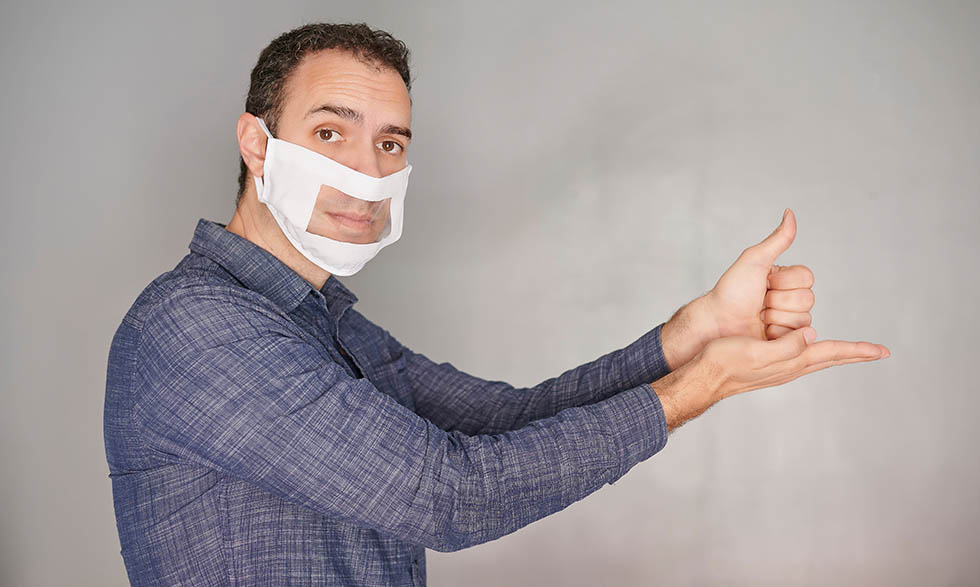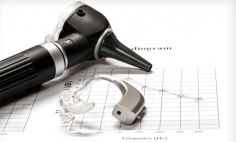Social distancing and face masks are necessary for preventing the spread of COVID-19. But they can also make communication more difficult for the 37.5 million U.S. adults with hearing problems.
Masks make it difficult for individuals who are hard-of-hearing to read lips and see facial expressions that help them understand what others are saying. Masks and social distancing also muffle or soften voices, making it tough to understand speech even for people with normal hearing.
The National Institute on Deafness and Other Communication Disorders has a helpful guide on best practices for communicating during COVID-19. Below are a few key takeaways:
- Consider a face mask with a clear window. These masks use a clear insert, so a person's mouth and lips are visible, which makes lip-reading easier.
- Be loud and clear. Is the person you're talking to having trouble understanding you? Speak slower and louder (without shouting) than you normally would. Focus on speaking clearly.
- Be patient. Masks and social distancing decrease the sound and obscure the visual cues that help us communicate. It’s frustrating even for those with normal hearing and more so for those who are hard-of-hearing. Be compassionate.
- Turn down the background volume. Background noise can make conversation especially hard to understand. When possible, move to a quieter spot or turn down the sound.
- Use another method. If speech is too hard to understand, use another method—a smartphone or paper and pen—to get your message across.
- Bring a friend or be a friend. If it's essential that you understand spoken details—for example, during a discussion with a health care provider—consider bringing a friend or family member with you to listen and take notes. Or offer to accompany a friend with hearing difficulties to an important appointment or meeting and be their second set of ears.






